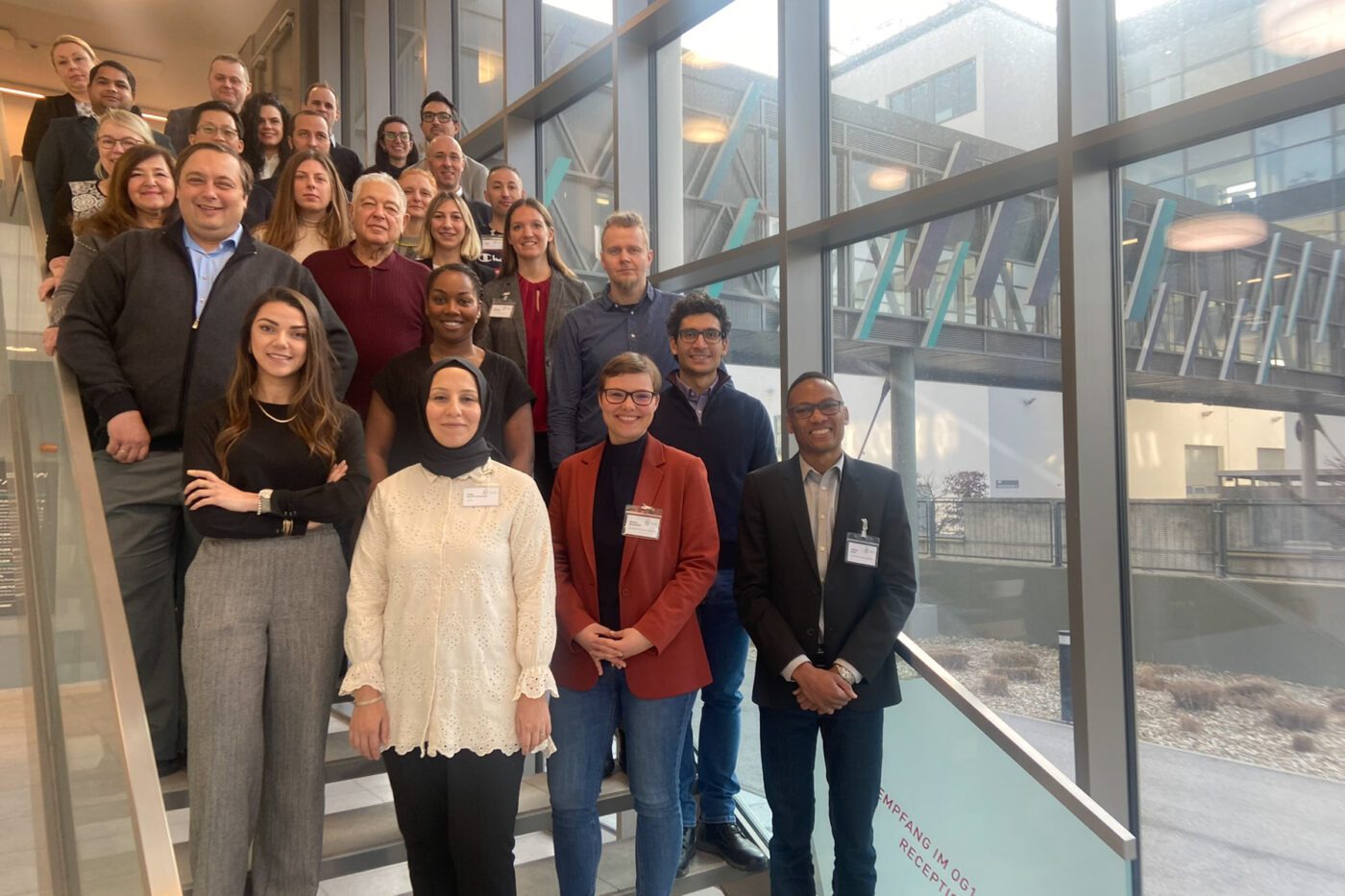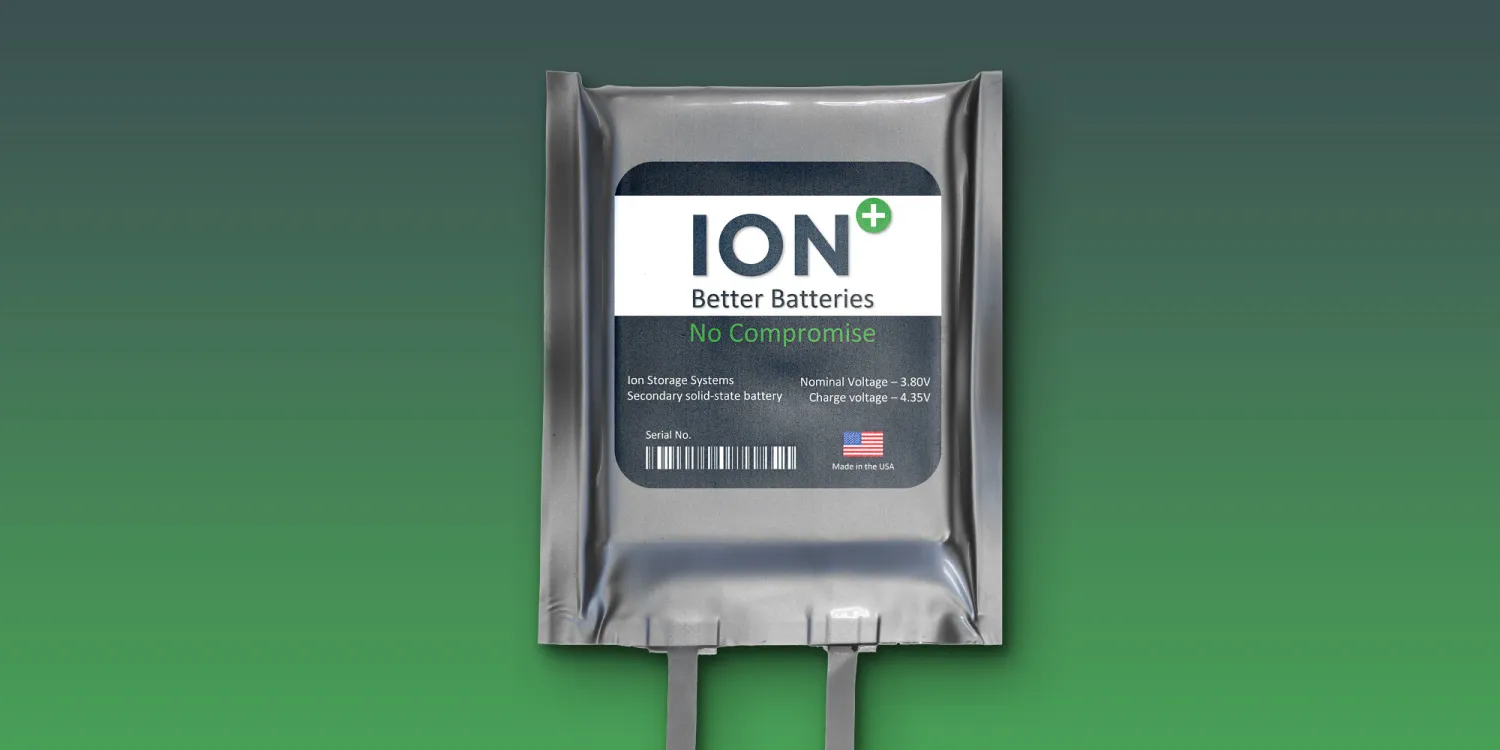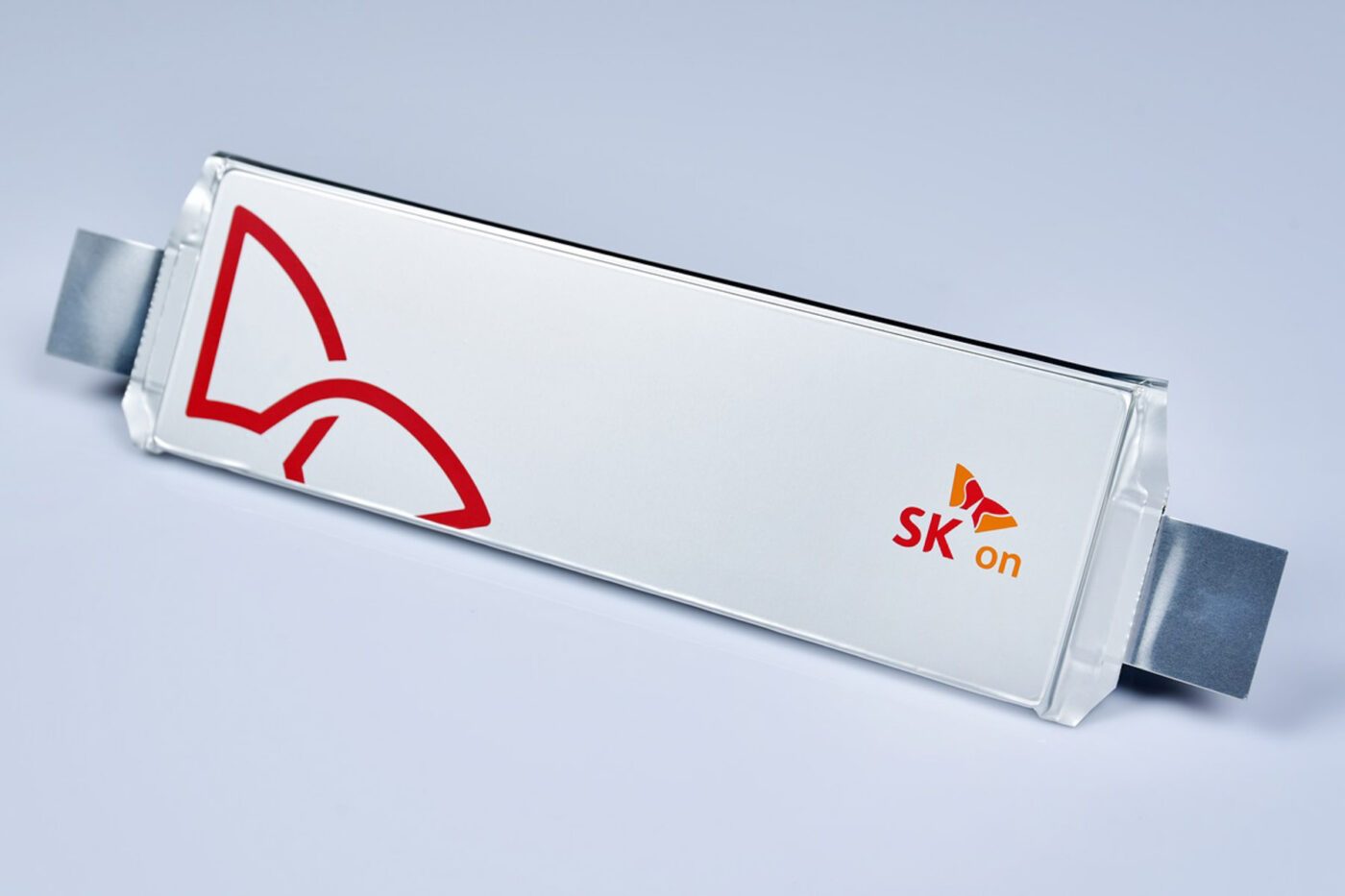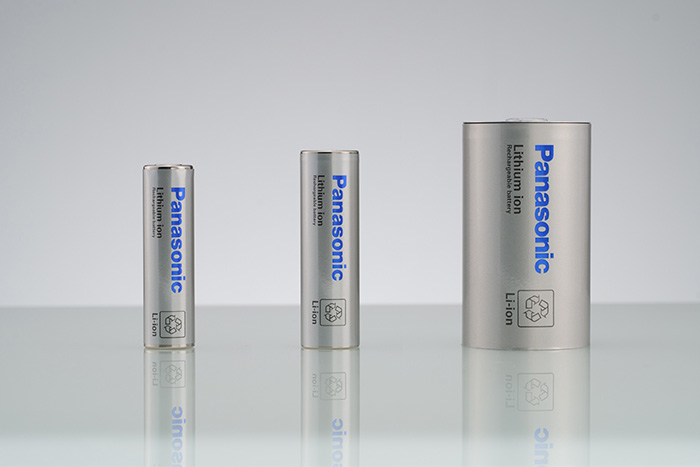A European consortium, spearheaded by the AIT Austrian Institute of Technology, has launched the STREAMS research project, aiming to bolster sustainability and enhance the robustness of supply chains for battery raw materials.
The EU-funded project, officially titled ‘Sustainable Technologies for Reducing Europe’s bAttery raw MaterialS dependance,’ seeks to fortify the European battery production supply chain by developing adaptable and scalable technologies. The project also aims to diminish reliance on imported raw materials and promote circular economy practices in battery production, with a particular focus on sustainable production of anode and cathode active materials.
“The fragility of current supply chains and the scarcity of critical raw materials pose major challenges for Europe’s battery manufacturers. The focus of European battery production is therefore on securing sustainable supply chains and reducing dependence on critical raw materials such as lithium, nickel, and cobalt. The increasing demand for batteries, particularly for electric mobility and renewable energies, has created an acute need to use our own resources more efficiently,” stated a press release from AIT.
The kick-off event for STREAMS recently took place at the AIT site in Vienna, with representatives from all 19 project partners in attendance. The consortium has outlined four key research priorities for the next three years, including strengthening the European supply chain, developing comprehensive technological solutions, utilizing various material sources (primary and secondary materials), and advancing circular economy models.
AIT is leading the coordination of STREAMS and is collaborating with the Battery Technologies unit to develop cathode and anode materials for more sustainable prototype cells. “The overarching goal is to develop materials and cells that have outstanding electrochemical performance and can ultimately compete with conventional battery systems. In addition, the researchers at AIT optimize environmentally friendly, aqueous slurry formulations for electrode coating and act as a central interface between electrode processing on a laboratory and pilot scale,” the press release noted.
“By developing sustainable technologies to integrate and harmonize the production of active cathode and anode materials from primary sources, secondary sources, and end-of-life batteries, we are making a significant contribution to strengthening the environmental circularity of the European battery materials ecosystem. At the same time, this promotes strategic autonomy, increases competitiveness, and strengthens the resilience of the sector,” said Damian Cupid, AIT Senior Scientist and project leader of STREAMS.







